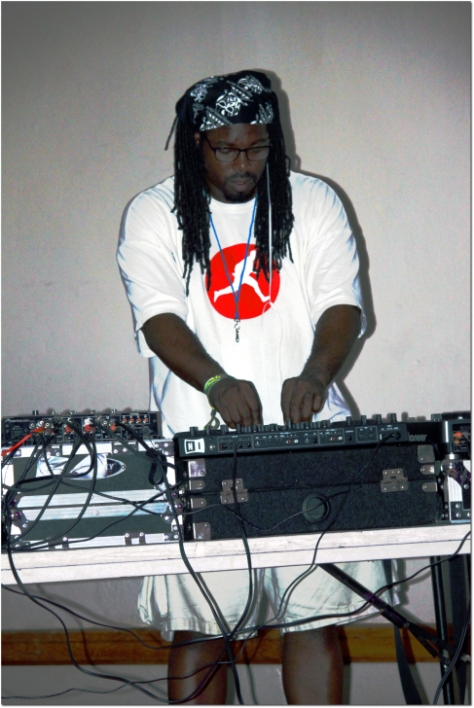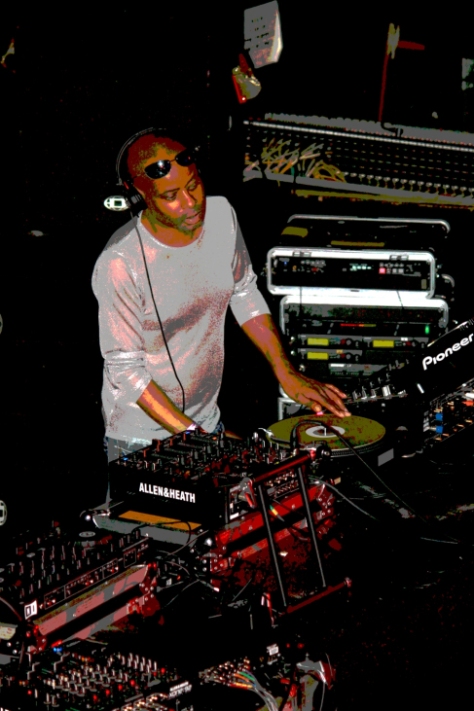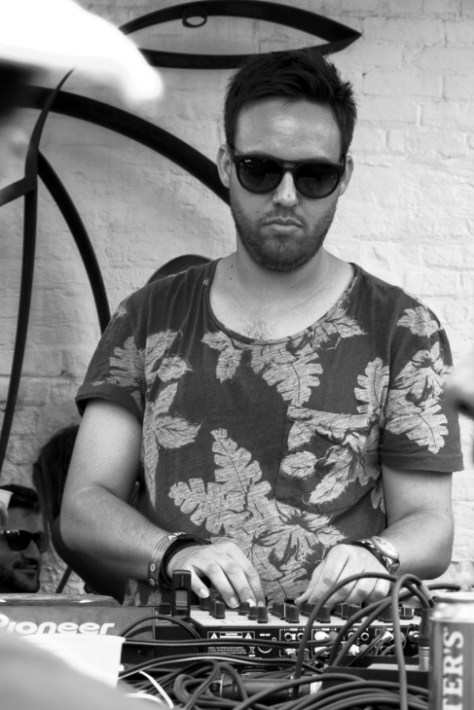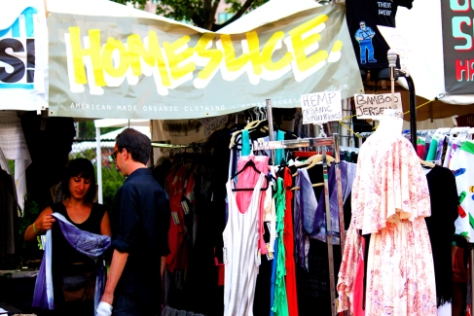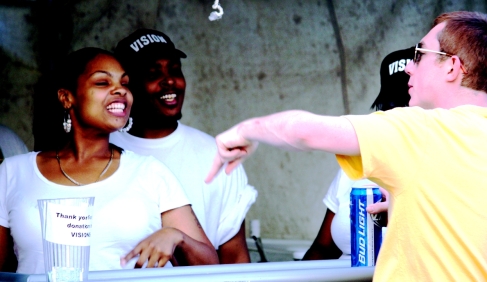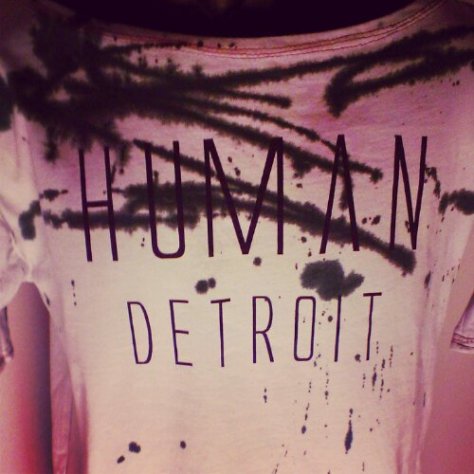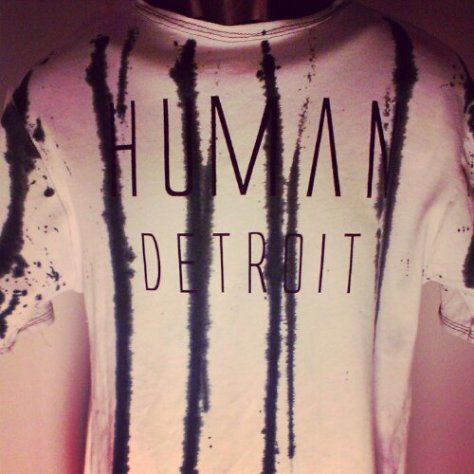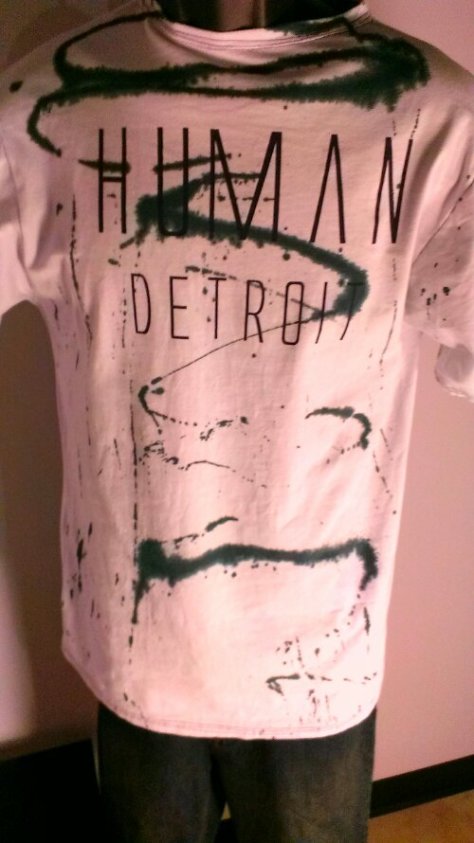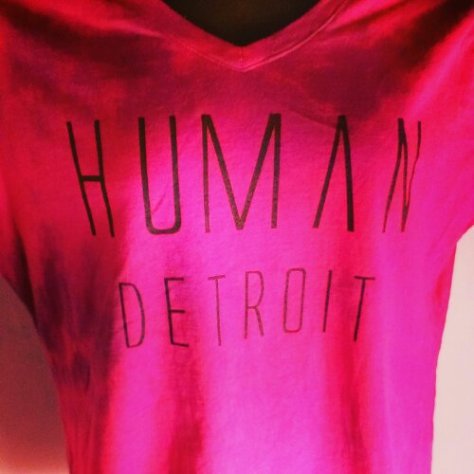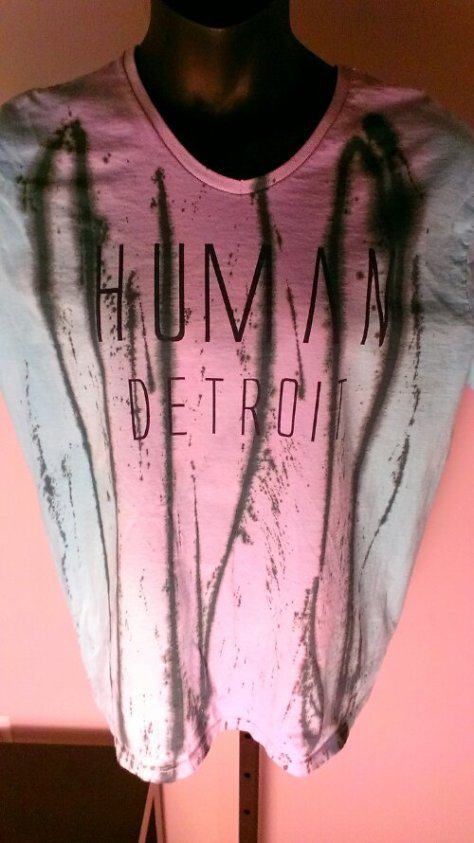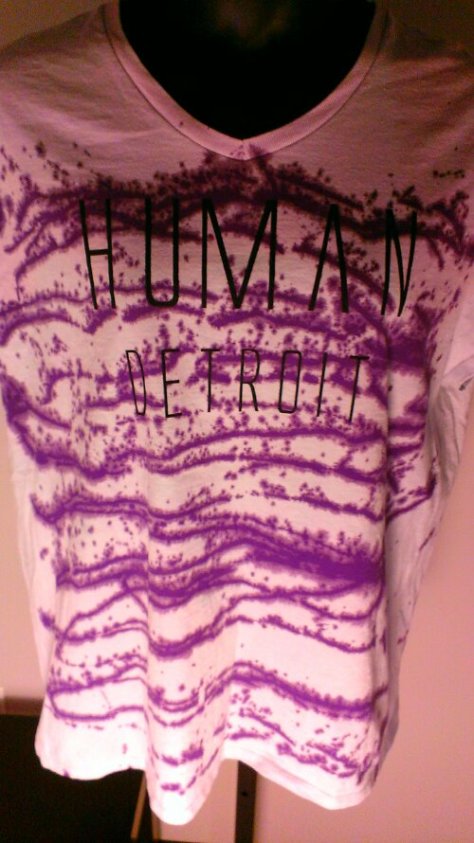The Rolling Stone essay published last month, titled “A Rape on Campus,” described in gritty detail the events of an alleged fraternity gang rape on the campus of University of Virginia. Over the course of a few weeks it has stirred fierce he-said-she-said-RollingStone-said dialogue all over social media and in the press, especially now that RS decided to thoroughly investigate the story AFTER they published it, and promptly wrote a retraction.
Unfortunately, the piece disintegrated quickly when the fleet of CSI trained internet denizens meticulously tore through the story to find error, and the accused fraternity promptly disputed the murky “facts.” Since then, the alleged rape story has redirected its blame to a different fraternity, into different accounts of the events by friends, and has dwindled from gang rape to only one possible suspect, who claims he doesn’t know the alleged victim named Jackie.
But the real problem is not the fraternity, or Jackie, or even Rolling Stone. It is the lack of rational adults stepping up to the plate to apply logic to an uncomfortable ugly beast.
Taking a step back for a moment, rational humans know rape is not exclusive to America. And its not exclusive to young white women in college who participate in feminist groups. Just a few short months after the alleged UVA rape in September 2012, a young medical student in New Delhi, India, was brutally gang raped and thrown from a bus. She died 2 weeks later. Her name was Jyoti Singh. The doctors had to remove her intestines in an attempt to save her life.
However, back in America, gang rapes are no joke, and convicted cases do not necessarily end the shame. Just a few years before the Rolling Stone story allegedly occurred, an 11 year old girl was repeatedly raped by 20 different men in Cleveland, Texas. No thanks to Maria, her mother, too incompetent to take care of her daughter, the young girl was placed in foster care and then became homeless for a period of time, making her incredibly vulnerable to predators and thus continuously raped over a few years. The girl went on to bravely face the outrageously misogynist Texas defense team, and successfully achieved justice when the men were sentenced to prison. She wasn’t a privileged white college girl at an elite southern university with campus groups to “support” her, she was a tween, incredibly neglected, and routinely raped.
Three years later, attention whore and Mom-of-the-Year Maria, upon finding out her then 14 year old daughter was pregnant with her boyfriend, decided to contact the press and shame her even more:
“Well, when she came with the pregnancy test, I was like, go away, get away from me, I was upset, she said. I think it’s pretty common that sometimes girls, when that happens to them, they try to find the comfort in someone else, like they want to feel loved.” Because MARIA, you were too incompetent to love your daughter and offer compassion from an early age, and obviously didn’t care where your 11 year old child was (hint: She was getting anally raped.)

Maria stated CPS removed her daughter from the home and required her to go through counseling to be a better mother, but she said she felt she didn’t need it.
Maria is a good example of all of us. Maria couldn’t provide a safe, fun and loving environment for her children, so her daughter ventured out into a rape den – the convicted rapists called it the “boom-boom room.” She felt her parenting skills should not be called into question despite the fact CPS removed her daughter from the home, and she had no problem leveraging her access to the media to show disdain for her daughter after she became pregnant.
Maria failed to deal with the facts.
Today, “rape culture” has grown many legs. The concept of “consent” has curiously evolved into the number of drinks a young woman has had vs. her ability to be sober enough to take care of herself. The “support groups” for alleged rape victims are convinced, like domestic violence groups, that going forward with reporting the crime is up to the feelings of the alleged victim, who is most likely dealing with PTSD, shock and trauma and needs a rational voice in their life. And yet, drinking culture on campus is still glorified, young women still flock to fraternity houses, and sex abuse advocates claim 60% of sexual assaults go unreported.
Whatever the message is to young women and men about rape, its failing miserably.
Adults (anyone over college age) have fell incredibly short of properly mitigating the complex issues of rape – such as educating the public on reporting sexual assault to police and the importance of a medical exam; confronting the young American male obsession with heavy drinking and porn culture; questioning why support groups have not evolved into legal protective task forces for women, instead of ineffective group therapy (while helpful, its not a court of law, and so, nothing will truly get resolved, sorry); questioning why fraternities, who have been caricatured into the major villains on campus, haven’t developed sex assault awareness activities in their chapter; and questioning WHY we don’t have tougher laws on cyber and physical threats to victims, who fearlessly use their American born right to report crime and seek justice.
Instead, we just go to the media for attention. Like Maria, we’re not dealing with the facts.


